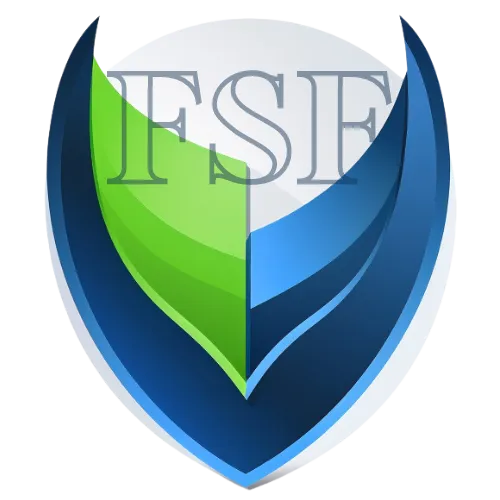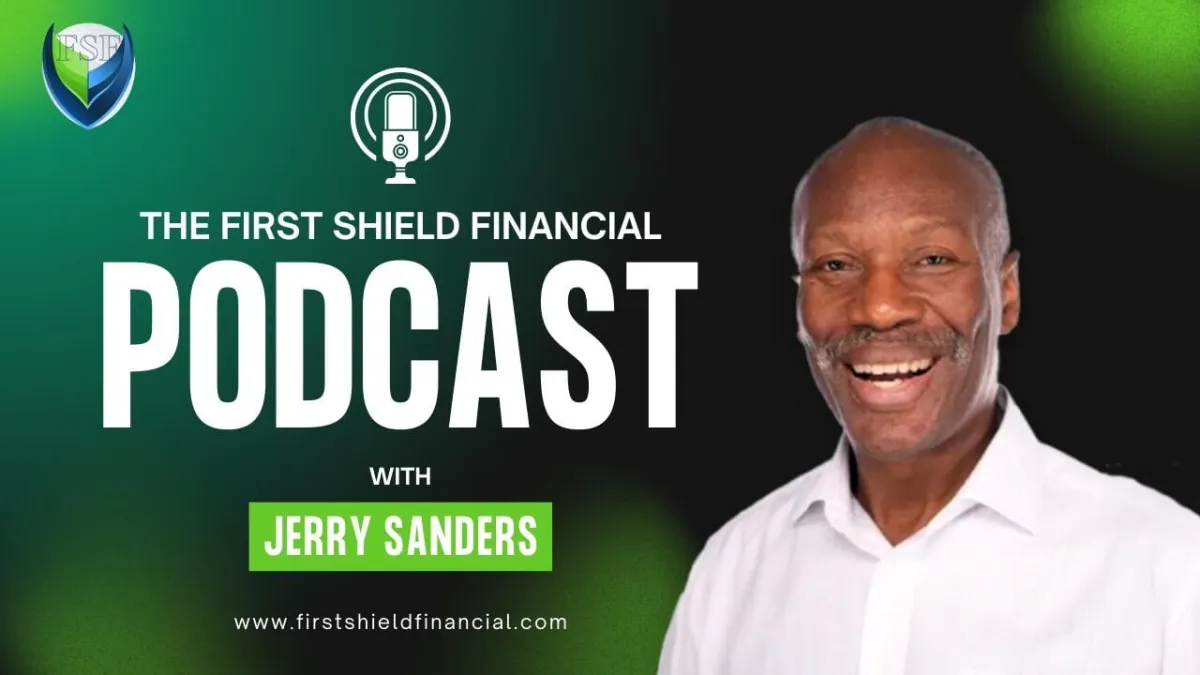Welcome to
First Shield Financial
Your Trusted Partner in Alternative Asset Investing!
What Passive Investing Should Look Like
Connect With Us:
Recession-Proof Your Portfolio With The Best
Real Estate Strategy You’ve likely Never Heard Of
Watch this short and informative video on how this powerful investment vehicle works and can unlock the potential of any investment portfolio, breaking free from the volatility of the stock market yet avoiding the headaches of landlording.
Make The Shift
Investing in the debt and not the property, alows the investor to become the bank... Collecting interest payments at a fixed interest rate.
With our expertise and industry partnerships, First Shield Financial will provide a personalized solution to meet every investor’s investment goals.
Whether income and cash flow focused or retirement and growth oriented strategies, we can help diversify portfolios while enjoying the benefits of instant cash flow and returns, leveraging the strength and security of investing in alternative assets secured by real estate.
Contact the First Shield Financial team today and learn how there is a solution for every investor's goal.

Unlock Your Equity: Cash Out from Your Real Estate Investment Property
In the world of real estate investing, accessing the equity in your properties can be a game-changer. Many investors often find themselves in situations where they need to tap into their home equity for various reasons—whether it's funding a new investment, covering personal expenses, or simply wanting to take a vacation. Unfortunately, the traditional methods of accessing this equity often involve lengthy processes and extensive documentation through banks and other financial institutions. In this guide, we’ll explore alternative strategies for cashing out equity without the usual hassles, focusing on the innovative approach of creating your own mortgage notes.
The Traditional Route: Challenges with Banks
When it comes to extracting equity from real estate, most people instinctively turn to banks. This typically involves applying for a Home Equity Line of Credit (HELOC), refinancing, or obtaining a collateral loan. While these methods can work, they come with their own set of challenges.
Debt-to-Income Ratios: Banks often want to know your debt-to-income ratio, which can be a barrier for many investors.
Property Limits: Many banks limit the number of properties you can leverage—often capping it at five.
FICO Scores: Your credit score can fluctuate based on your investment activity, which can impact your borrowing ability.
Extensive Documentation: Expect to provide bank statements, tax returns, and various other documents, which can feel overwhelming.
Long Processing Times: The approval process can take weeks or even months, with banks often asking for additional documentation along the way.
These hurdles not only create frustration but can also deter investors from tapping into their equity when they need it most. So, what’s the alternative?
Be Your Own Bank: Creating Your Own Mortgage Notes
Imagine a scenario where you could bypass the banks altogether. What if you could be your own bank? This is where the concept of creating mortgage notes comes into play. By generating your own note, you can access cash from your properties without the rigorous scrutiny of traditional lenders.
Here’s how it works:
Create a Mortgage Note: You can create a mortgage note against a property you already own. This involves drafting a promissory note and recording it with the county.
Sell the Note: Once you have created the note, you can sell it to an investor. They will pay you cash for the note, and you will receive monthly payments from the borrower.
Skip the Hassle: By doing this, you avoid the need for credit checks, documentation, and the lengthy process associated with traditional loans.
This approach not only gives you access to cash but also allows you to maintain control of your property and its equity.
Real-Life Case Study: Kim’s Experience
To illustrate this process, let’s look at a real-life example shared by Kim, a seasoned real estate investor. Kim had a property where she had invested time and resources to rehab a mobile home on a quarter-acre lot. After successfully renting it out, she wanted to access the equity without going through the traditional banking system.
Kim created a mortgage note for the property, borrowing $100,000 at a 5.8% interest rate over a 30-year term. Her monthly payment was approximately $586.75. The beauty of this arrangement was that she could set her own interest rate and terms, making it flexible and tailored to her needs.
Once the note was created, Kim sold it to an investor who was interested in receiving the monthly payments. This transaction provided her with immediate cash without the headaches of bank requirements.
Benefits of Creating Your Own Notes
There are several advantages to this method of accessing equity:
No Closing Costs: Unlike traditional loans, creating a note typically incurs minimal or no closing costs.
Speed: You can often complete this process much faster than waiting for a bank to approve a loan.
Flexibility: You can set the terms of the loan according to your financial situation and goals.
Control: You maintain control over your property and the terms of the loan.
Understanding Mortgage Notes
A mortgage note is a legal document that outlines the terms of a loan between a borrower and a lender. It includes details such as the loan amount, interest rate, repayment schedule, and the consequences of default. When you create your own note, you effectively become the lender, allowing you to dictate the terms.
To create a mortgage note, you’ll need two key documents:
Promissory Note: This document states that the borrower promises to repay the loan under the agreed-upon terms.
Mortgage Document: This secures the loan with the property as collateral.
Once these documents are drafted and recorded, you can sell the note to investors interested in receiving the payments.
Investor Considerations
When selling your mortgage note, potential investors will evaluate several factors:
Property Condition: Investors will want to know the condition of the property and its market value.
Payment History: A solid payment history on the mortgage can make the note more attractive.
Neighborhood Analysis: Investors will assess the neighborhood to ensure it is a good area for property value retention.
These evaluations can be done quickly, allowing for a smoother transaction compared to traditional bank processes.
Schedule Your Free Investment Consultation
30-Minute Session: Explore High-Yield Returns in a Challenging Market!
Unlock the potential of Covenant Fund I with a free 30-minute investment consultation. Gain insights into lucrative opportunities and discover how to generate high-yield returns and passive income in today’s market. Perfect for making informed investment decisions and securing a profitable financial future. Schedule your session now better to understand Covenant Fund I and its unique advantages
Conclusion: A New Approach to Accessing Equity
Accessing equity in real estate doesn’t have to be a tedious process filled with red tape and frustration. By creating your own mortgage notes, you can unlock cash from your properties efficiently and effectively. This strategy empowers you to be your own bank, allowing for greater flexibility and control over your financial future.
If you have properties with equity and are interested in exploring this option, consider reaching out to professionals who specialize in this area. They can guide you through the process and help you maximize your investments.
In conclusion, whether you’re looking to fund new investments, cover personal expenses, or simply want a cash cushion, creating mortgage notes can be an innovative solution that offers freedom from traditional banking hurdles. Don't let the complexities of traditional financing hold you back—consider this alternative approach to unleash the potential of your real estate investments.

9428 Baymeadows Rd. #134
Jacksonville, FL 32256
info@1shieldfinancial.com
Call: 800-270-1956
Fax: 904-578-6381
M–F: 9:00AM–6:00PM Eastern
Sat 11:00AM–3:00PM Eastern
No Offer of Securities—Disclosure of Interests Under no circumstances should any material at this site be used or considered as an offer to sell or a solicitation of any offer to buy an interest in any investment. Any such offer or solicitation will be made only by means of the Confidential Private Offering Memorandum relating to the particular investment. Access to information about the investments are limited to investors who either qualify as accredited investors within the meaning of the Securities Act of 1933, as amended, or those investors who generally are sophisticated in financial matters, such that they are capable of evaluating the merits and risks of prospective investments.
© 2024 Copyright, First Shield Financial

